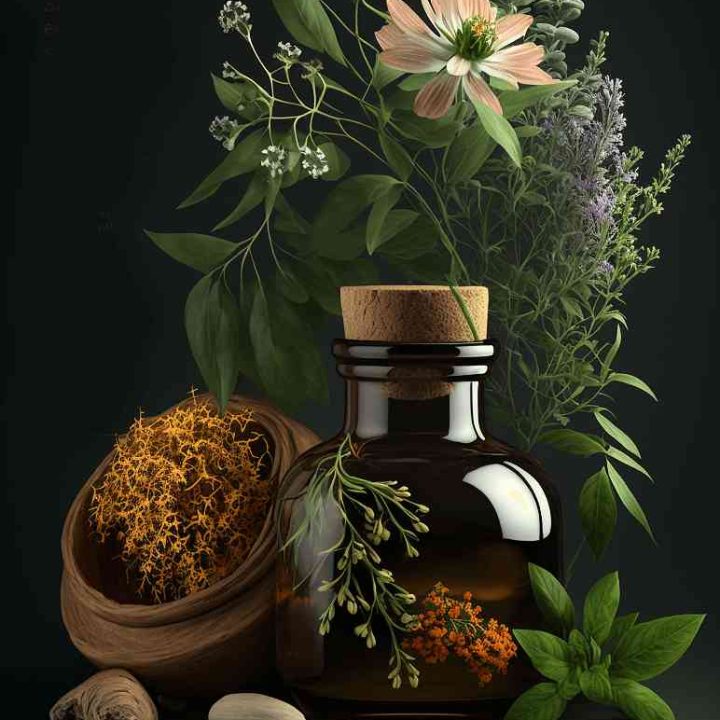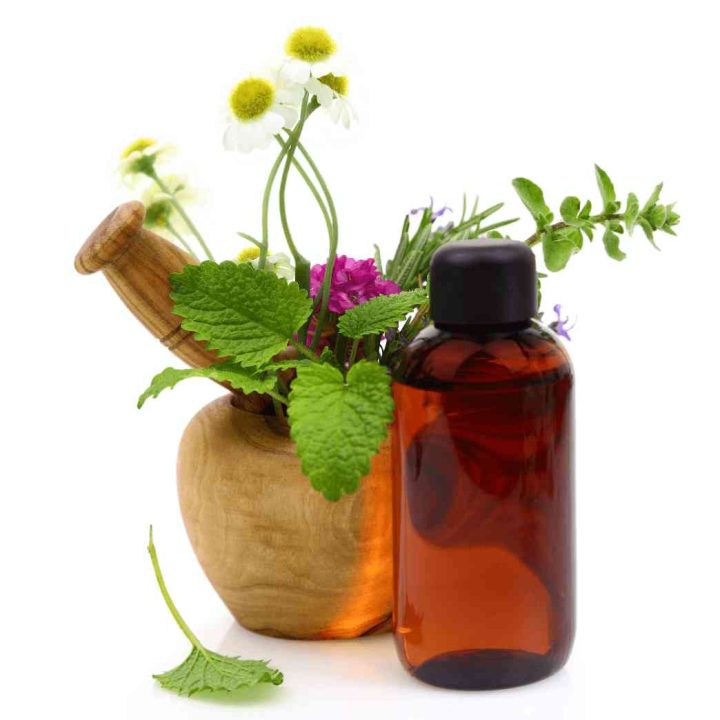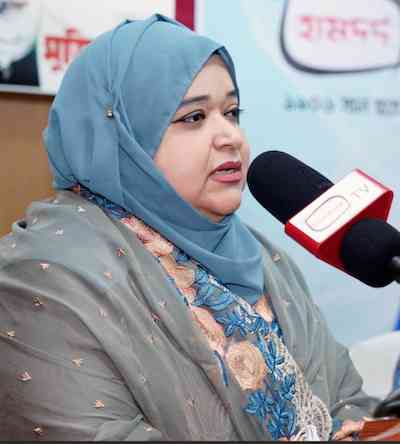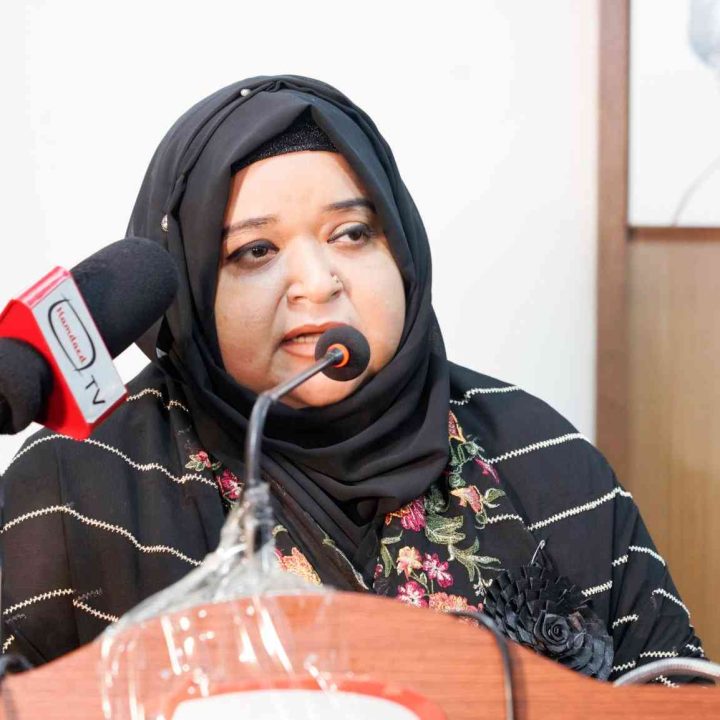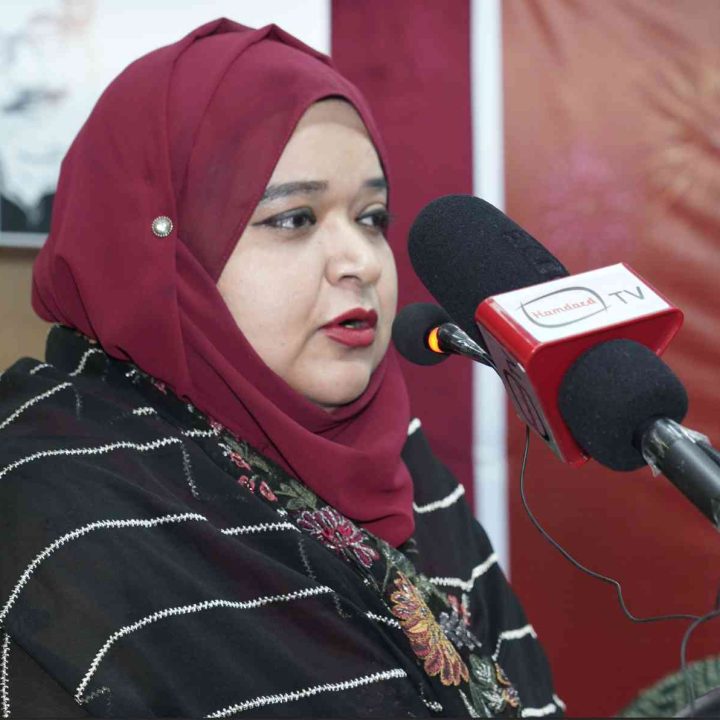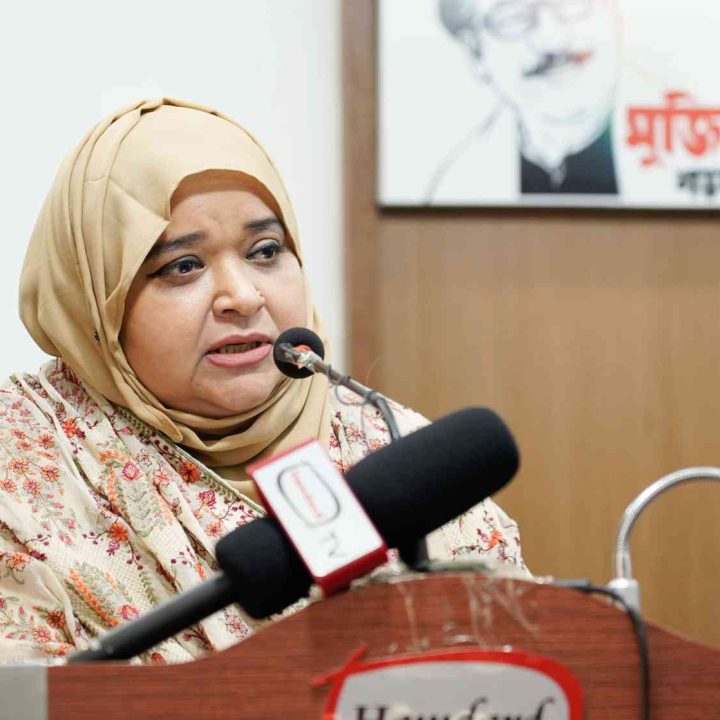- BANANI, DHAKA
- MOBILE : + 880 1715023243
ALTERNATIVE MEDICINE
Dr. Nargish Marjhan
The term “Alternative Medicine” is subjective. While doctors in one part of the world might regard a practice as mainstream, doctors elsewhere might view the same practice as an alternative. Alternative medicine refers to a diverse range of medical and healthcare practices, products and systems that are not considered part of conventional medicine. These approaches are used in conjunction with or as alternatives to mainstream medical treatments.
Herbal Medicine: The use of plants and plant extracts for medicinal purposes. Herbal remedies have been used for centuries in various cultures.
Acupuncture: An ancient Chinese practice involving the insertion of thin needles into specific points on the body to promote healing and alleviate pain.
Homeopathy: A system of alternative medicine based on the principle of “like cures like,” where highly diluted substances that produce symptoms in a healthy person are used to treat similar symptoms in a sick person.
Chiropractic Care: Focuses on the diagnosis and treatment of mechanical disorders of the musculoskeletal system, particularly the spine. Chiropractors often use manual manipulation or adjustment.
Ayurveda: An ancient system of medicine from India that emphasizes the balance of the body’s energies (doshas) to maintain health. It incorporates herbal medicine, diet, and various therapies.
Naturopathy: A holistic approach to healthcare that emphasizes the body’s ability to heal itself. It may include dietary and lifestyle changes, herbal remedies, and other natural therapies.
Traditional Chinese Medicine (TCM): A comprehensive system of medicine that includes acupuncture, herbal medicine, massage, dietary therapy, and exercises.
Mind-Body Interventions: Practices that focus on the interaction between the mind and the body, such as meditation and yoga.
It’s essential for individuals considering alternative medicine to approach it with caution. While some alternative therapies may be beneficial, others may lack scientific support or could interact negatively with conventional medical treatments. It’s advisable to consult with qualified healthcare professionals and inform them about any alternative therapies you are considering. Always prioritize evidence-based practices and consult with healthcare providers for guidance on the most appropriate treatments for individual needs.
UNDER Alternative Medicine
About
She has authored research articles on medicinal plants, published in the Journal of Hamdard University Bangladesh.
Quick Contacts
- Phone : + 880 1715023243
- ask@drnargishmarjhan.com
- Address : Banani, Dhaka
- Country : Bangladesh
- Copyright 2024 Dr, Nargish Marjhan


